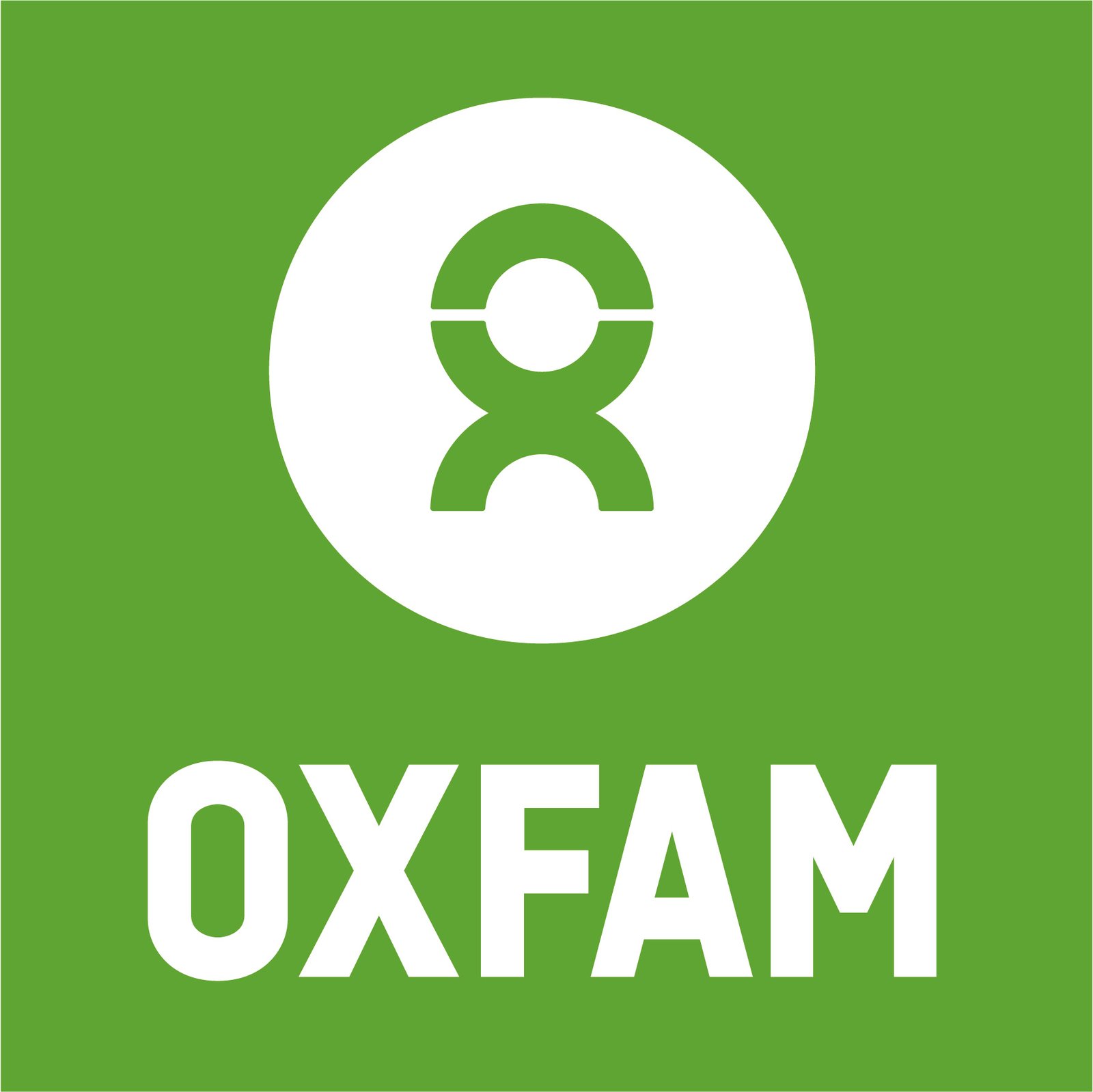
: Oxfam in Thailand
: Nonprofits / องค์กรไม่แสวงหาผลกำไร
: 1137
: 26 April 2021
3 May 2021
Terms of Reference
Gender Transformative and Responsible Agribusiness in South East Asia
(GRAISEA) Program
Rice Regional Learning & Reflection Event
Dates
Tentatively in the first half of July 2021
Learning & Reflection Program Mix
Background and rationale
The GRAISEA 2 Program (1 Aug 2018 – 31 July 2021) is a joint initiative led by Oxfam GB, Oxfam Novib, Oxfam US and Oxfam Sweden, with a total budget of USD 9.7 million. The program operates at the regional level and in four countries in the Southeast Asia (Cambodia, Indonesia, Vietnam and Philippines) and Pakistan. The program is funded by the Embassy of Sweden in Bangkok with smaller grant contributions from other institutions.
Drawing on progress and lessons from the first phase, GRAISEA 2 aims to transform opportunities for less-privileged women and men in the agriculture sector in Asia by acting as a catalyst for the emergence of inclusive value chains and responsible business practices that respect human rights and drive women’s economic empowerment and climate resilience.
With a potential extension of the program for two years until 31 July 2023, the GRAISEA Program Management Unit (PMU), with country teams, regional partners and Oxfam advisors are planning a combined regional learning and reflection which is proposed to include three country-level learnings in Cambodia, Vietnam and Pakistan and a regional-level reflection.
For rice, this second phase works in 3 countries (Pakistan, Vietnam and Cambodia) to engage women and small-scale producers and small and large private sector actors and influences national and regional policy and governance.
The three GRAISEA 2 result areas are:
Result 1: Women and men small scale producers participate and benefit fairly from economic opportunities in agriculture and seafood value chains
Result 2: Private sector (SMEs, national firms, MNCs) deliver opportunities that integrate small producers, promote women’s economic empowerment and support climate resilience
Result 3: National and regional policy frameworks drive inclusive business models that support women’s economic empowerment and climate resilience.
The ultimate goal of GRAISEA 2 is to enable systems change: 1) working with market actors smallholder-led business models and sourcing strategies and embedding this practice throughout value chains (from producers to SMEs to local, national and multinational buyers and retailers), 2) influencing multi-stakeholder platforms to make changes at national, regional and international levels in political and private sector spaces to support and encourage (and sometimes, mandate) responsible agribusiness and 3) support national and regional public policy frameworks to drive/enable responsible agribusiness.
The interplay between the levels (result areas) in the system is crucial so that the changes in the producer, agribusiness and policy spaces reinforce each other, build up pressure and change the system towards more inclusive and responsible practice that is mainstreamed (scaled) and intrinsically embedded (sustainable and not dependent on external forces or a development project).
With respect to rice value chain programming, it is foreseen to have a mid-term learning and reflection event that will:
Scope of work and approach
The learning exercise will have two parts which will run in sequence.
The first part focuses on in-country learning in all three countries namely Cambodia, Vietnam and Pakistan, tentatively during May – June 2021. Subject to C-19 conditions, the in-country learning could be in person or virtual with same facilitation across all three countries.
The second part builds on the country-level learnings to create a broader learning agenda and wider audience and participation. Tentatively, this could take form of three set of 2-hour virtual conference, during July 2021.
Organization of this learning exercise, inclusive of co-designing, hosting/administering the virtual meeting, documentation and synthesis will be assisted by internationally qualified consultant and/or consulting company.
Learning and impact questions[LM1]
Learning and being inspired from each other’s successes and lessons, motivations and innovations.
Data sources
Output Products
Products include:
Budget: XXXXX
Participants: To be confirmed, provisionally about 40 people max.
|
Country |
Organisations |
Total number |
|
Cambodia |
DPA PMUAC AmruRice SMP/Ibis Rice/WCS Signature of Asia SanoRice* |
8 |
|
Pakistan |
AGAHE University of Faisalabad Helvetas/WWF? Galaxy RPL, Atlas Foods Matco* ? Axfood and consortium |
8 |
|
Vietnam |
MDI, IPSARD Gentraco, Lotus Food, and ? |
6 |
|
PMU |
GRAISEA PMU Advisors (Minh, Madeleine, Moe, Henk’s replacement, Tuan) Mira, Caroline (Oxfam Sweden) Shubert, Vin, Anoushka
|
10 |
|
Other participants |
Allies/targes: SRP (Wyn Ellis) UN Women MARS SIDA, Embassy of Sweden in BKK CSR Asia / Elevate Aidenvironement (Jan Willem) Regional GRAISEA partners Reps of SRP national chapters/ working groups.
|
8 |
|
Total |
|
Ends.
[LM1]We’d pull out the specific questions/thematic learning proposals that we have discussed in Year 1 and Year 2 e.g. producer group organization development, governance and effectiveness, PS engagement. Perhaps we could put them in a matrix table to make it easier to visualize the learning and its scope?
How to apply:
Interested applicant can send their proposal and CV by 3rd May 2021 to hr_thailand@oxfam.org.uk.